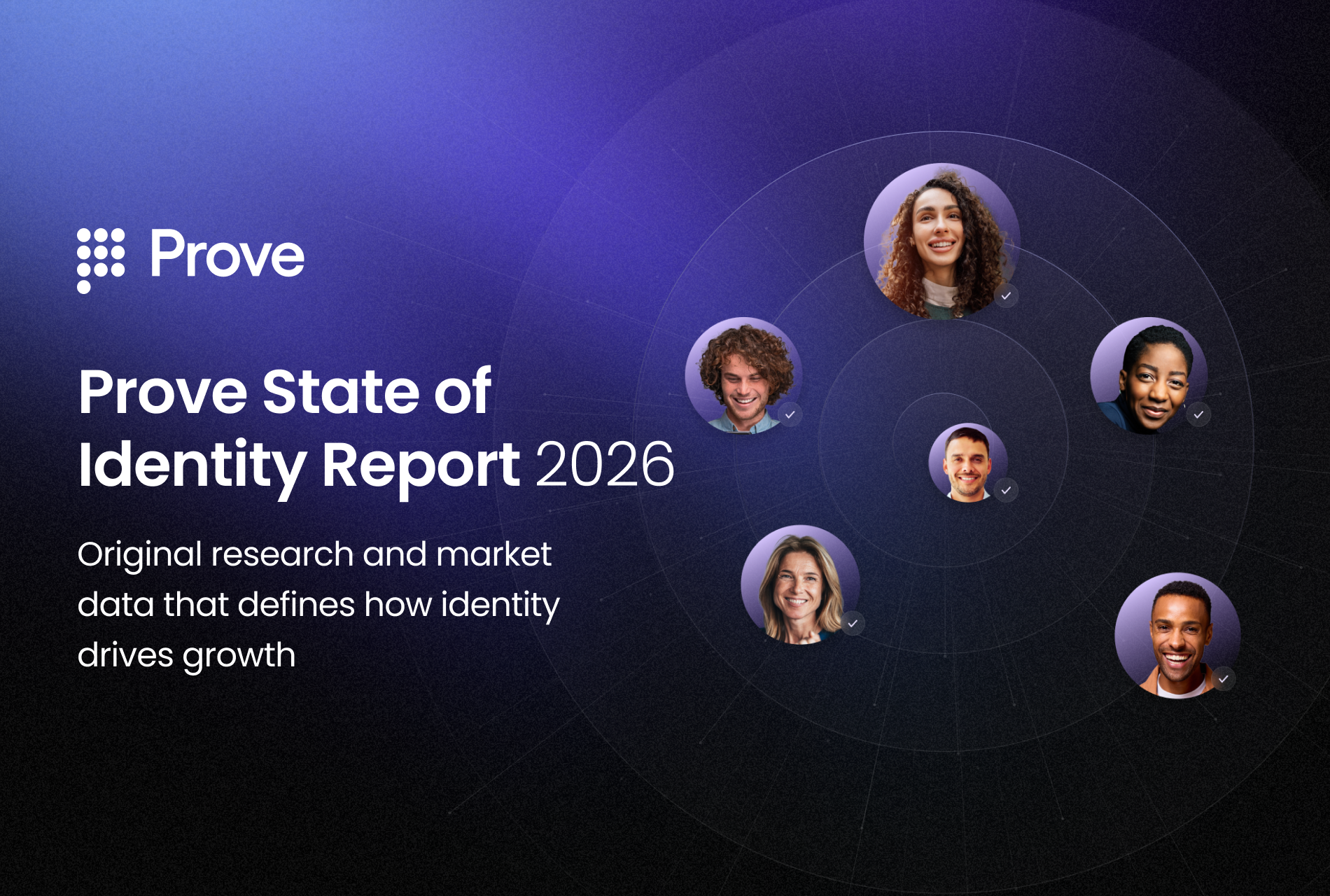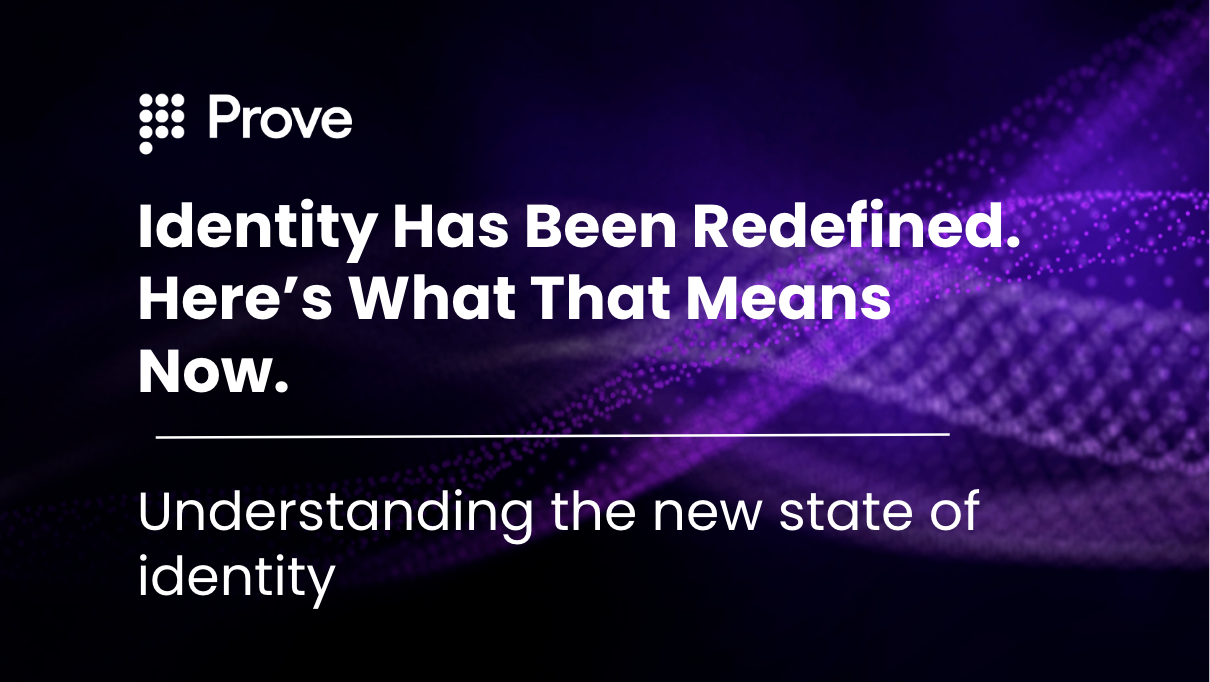Five Biggest AML Fines on Banks

Banks see a significant change in new and strengthened regulatory compliance demands by regulators globally. Even though banking processes have changed and become much more efficient and transparent than before, the need to further lower compliance costs is still a key priority.
Sanctions monitoring, KYC remediation, anti-money laundering (AML) measures, and transaction monitoring are some of the costliest compliance elements. Fines imposed by regulators for non-compliance are the other elements of compliance costs.
Compliance Cost for AML and KYC Fines Hit Banks Globally
The cost of compliance is expected to cross $181 billion in 2020. Since the Great Recession, financial services firms worldwide have been hit with $36 billion in fines for non-compliance with anti-money laundering, know your customer (KYC), and sanctions regulations. According to a report by Encompass Corporation, global penalties for AML failures in 2019 were estimated at $6.2 billion, at an average of $143.5 million per fine. Globally, fines for anti-money laundering and KYC violations accounted for 60.5% of all fines.
By July 2020, penalties worth $5.6 billion were issued for non-compliance with AML, KYC, and sanctions regulations. APAC regulators, including China, Hong Kong, Singapore, Malaysia, Taiwan, India, and Pakistan, issued fines (approximately $4 billion) for AML and KYC violations.
The US and Europe face the biggest fines for non-compliance. However, some big-ticket fines have come from APAC this year.
Some of the Biggest AML Fines on Banks in Recent Times
Westpac Banking Corporation, one of the top five banks in Australia, was penalized AUD 1.3 billion by AUSTRAC, an Australian regulator. The bank failed to implement effective transaction monitoring programs and submit international funds transfer instruction (IFTI) reports to the regulator. It did not apply strong customer due diligence in suspicious transactions.
Goldman Sachs will pay $3.9 billion to Malaysian federal agencies to settle a criminal probe. The bank was fined for its role in siphoning off billions of dollars from a Malaysian government fund (1MDB scandal).
UBS, a Swiss tier 1 player, was fined $5.1 billion for AML breaches by a French criminal court in February 2019. The bank was supposed to challenge the penalty in H1 2020.
Bank Hapoalim, Israel's largest bank, was fined more than $900 million by US prosecutors, DOJ, Federal Reserve, and NYDFS for tax evasion and money laundering involving FIFA.
Swedbank and SEB were fined $386 million and $107 million, respectively, by Swedish regulators for lacking sufficient AML governance and controls in Baltic states, especially Estonia.
FCA fined the London branch of Commerzbank $47.45 million for failing to put adequate AML systems and controls in place over five years.
In 2019, a number of banks were penalized for AML and KYC failures by regulators in 14 countries.
Key Reasons for Various AML and KYC Failure Fines
Though most fines imposed by US regulatory authorities are related to non-compliance with sanctions against listed countries, the main reasons for AML and KYC failure fines are:
- Inadequate internal control systems with severe shortcomings in identifying risks related to money laundering, terrorism, and proliferation financing; failure to implement robust internal control systems
- Weaknesses in customer due diligence and ongoing monitoring of customer relationships
- Failure in establishing and maintaining policies and procedures and reporting to financial regulators
- Not applying appropriate counter-terrorist financing (CTF) controls
- Failure in complying with AML and CTF regulations
- Deficiency in identifying and managing the risk of money laundering associated with non-resident customers
- Indirectly or directly supporting clients to establish companies in tax havens for potential money laundering
A study by Duff & Phelps categorized AML failings between 2015 and 2020 into four key segments:
- Customer due diligence: 115 significant cases
- AML management: 109 cases
- Suspicious activity monitoring: 82 cases
- Compliance monitoring and oversight: 62 cases
Is There a Panacea to Prevent AML and KYC Failures?
Money laundering countermeasures must be continuously improvised. Global and regional legislative environments continue to evolve. Compliance directives such as the General Data Protection Regulation (GDPR) and MiFID II are regularly updated.
Financial institutions must embrace technologies that streamline compliance processes. RegTechs offer various technology solutions that directly provide cost and efficiency benefits. Most of them offer best-practice approaches. Automating data-heavy processes reduces failure points and leakages.
Banks must make robust structural improvements to prevent these contraventions. They should work with industry peers to identify best-practice responses. The five largest banks in Sweden—Danske Bank, Handelsbanken, Nordea Bank, SEB, and Swedbank—have teamed up to launch an anti-money laundering initiative (SAMLIT) at a country-wide level. Such initiatives seem to be offering the way forward to collectively share information with regulatory and federal agencies on methods, suspicious transaction patterns, and new types of crime that have been jointly identified.
To learn about Prove’s identity solutions and how to accelerate revenue while mitigating fraud, schedule a demo today.

Keep reading
 Read the article: Prove’s State of Identity Report Highlights the New Rules of Digital Trust
Read the article: Prove’s State of Identity Report Highlights the New Rules of Digital TrustProve’s State of Identity Report explores why traditional point-in-time verification is failing and how businesses can transition to a continuous, persistent identity model to reduce fraud and improve user experience.
 Read the article: The Super Bowl Highlights the Scale of Fraud in Online Sports Gaming
Read the article: The Super Bowl Highlights the Scale of Fraud in Online Sports GamingLearn how advanced identity verification helps sports betting operators combat fraud, deepfakes, and AI-driven threats.
 Read the article: Identity Has Been Redefined. Here’s What That Means Now.
Read the article: Identity Has Been Redefined. Here’s What That Means Now.In an era of deepfakes and automated fraud, traditional one-time identity verification is no longer enough. Learn why organizations must transition to continuous, adaptive identity systems to ensure security without sacrificing seamless user growth.













